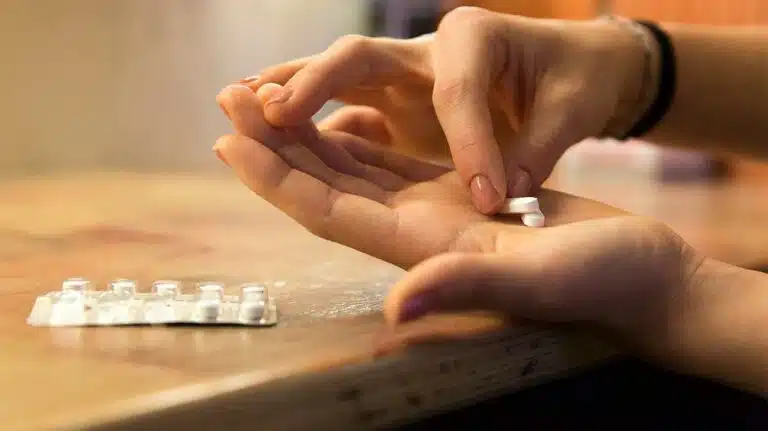Can You Get High On Concerta? | Effects & Risks Of Recreational Use

Yes, you can get high on Concerta. Taking Concerta to get high can cause side effects such as cardiovascular problems, irritability, psychosis, and sudden death.
Concerta is a brand name prescription amphetamine that can treat attention deficit hyperactivity disorder, or ADHD. Its generic name is methylphenidate hydrochloride. People may abuse Concerta to experience a “rush” of increased energy and alertness.
Recreational concerta use is popular among many demographics, including adolescents, college students, and shift workers.
People with a family history of stimulant medication abuse may wish to talk to their doctor before taking Concerta. If you or a loved one chronically abuse Concerta, you may benefit from an addiction treatment program.
Abuse Potential Of Concerta
Concerta is a Schedule II controlled substance in the United States, with a high potential for substance abuse.
Forms of substance abuse involving Concerta include taking Concerta without a prescription, taking higher doses than prescribed by your doctor, or crushing and dissolving Concerta tablets.
Concerta is a central nervous system (CNS) stimulant that may affect norepinephrine and dopamine levels in the brain. These neurotransmitters regulate vital functions in your body such as your mood, blood pressure, and heart rate. The effects of Concerta on your brain may add to its abuse potential.
Concerta is available in various formulations, including immediate-release and extended-release tablets. These tablets may also be sold on the illicit drug market under the names “crank,” “ice,” or “uppers.”
Side Effects Of Concerta Abuse
When Concerta is a target of drug abuse, you may experience side effects such as:
- headache
- vomiting
- nervousness
- trouble sleeping
- high blood pressure
- increased heart rate
- dry mouth
- loss of appetite
- weight loss
- psychosis
These effects may be more severe in high doses of Concerta.
Risks Of Concerta Abuse
Abusing ADHD medications to get high, instead of treating symptoms of ADHD, can be harmful to your physical and mental health.
If you have a family history of substance abuse, or if you are taking a type of antidepressant known as a monoamine oxidase inhibitor (MAOI), you may wish to inform your doctor. Your risk of Concerta abuse and other serious side effects may increase in these cases.
In rare cases, patients taking Concerta have developed Tourette’s syndrome, a disorder involving uncontrollable muscle twitching, sudden outbursts of sound, and other tics.
Concerta Overdose
The risk of a Concerta overdose may increase if the drug is abused. A Concerta overdose can lead to delirium, heart palpitations, heart attack, and sudden death.
Call for medical attention right away if you see symptoms of overdose happening in yourself or a loved one.
Concerta Addiction
Recreational Concerta use can lead to drug addiction, where you are unable to stop taking Concerta even if it affects you negatively. You may also experience withdrawal symptoms when trying to quit.
Prescription medications such as Concerta, Ritalin, and Adderall have a high potential for drug abuse, especially in unregulated environments.
If you or a loved one are suffering from amphetamine addiction, contact us to learn more about our stimulant drug addiction treatment options.
Written by Ark Behavioral Health Editorial Team
©2024 Ark National Holdings, LLC. | All Rights Reserved.
This page does not provide medical advice.
Drug Enforcement Administration - Amphetamines
Food and Drug Administration - CONCERTA® (methylphenidate HCl) Extended-release Tablets
National Institute on Drug Abuse - Prescription Stimulants DrugFacts
Questions About Treatment?
Ark Behavioral Health offers 100% confidential substance abuse assessment and treatment placement tailored to your individual needs. Achieve long-term recovery.
100% confidential. We respect your privacy.
Prefer Texting?
Our friendly support team is here to chat 24/7. Opt out any time.







 Learn More
Learn More








